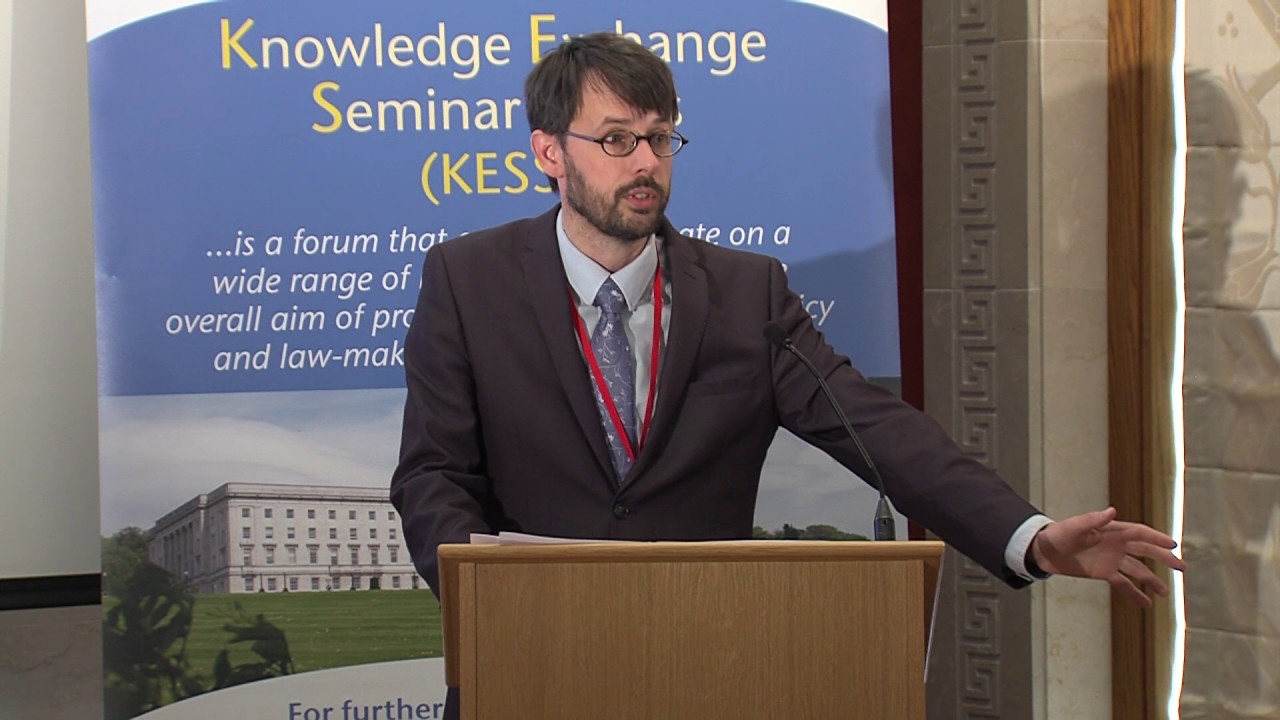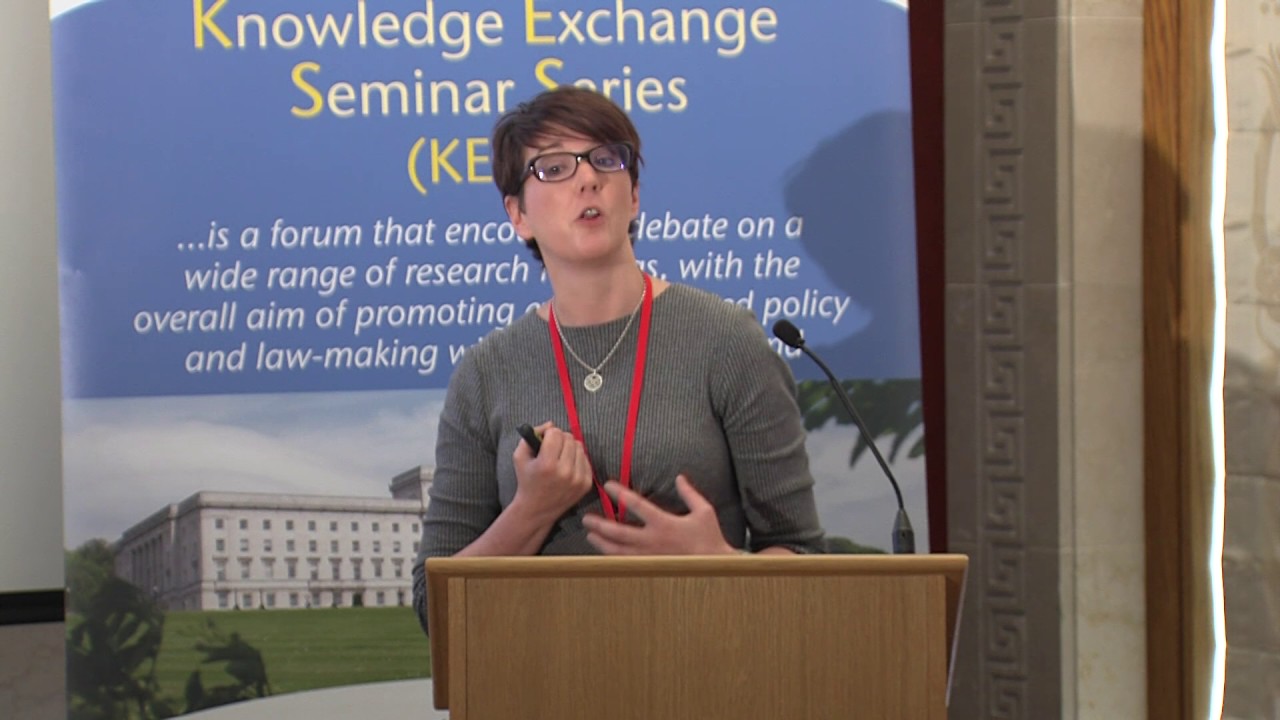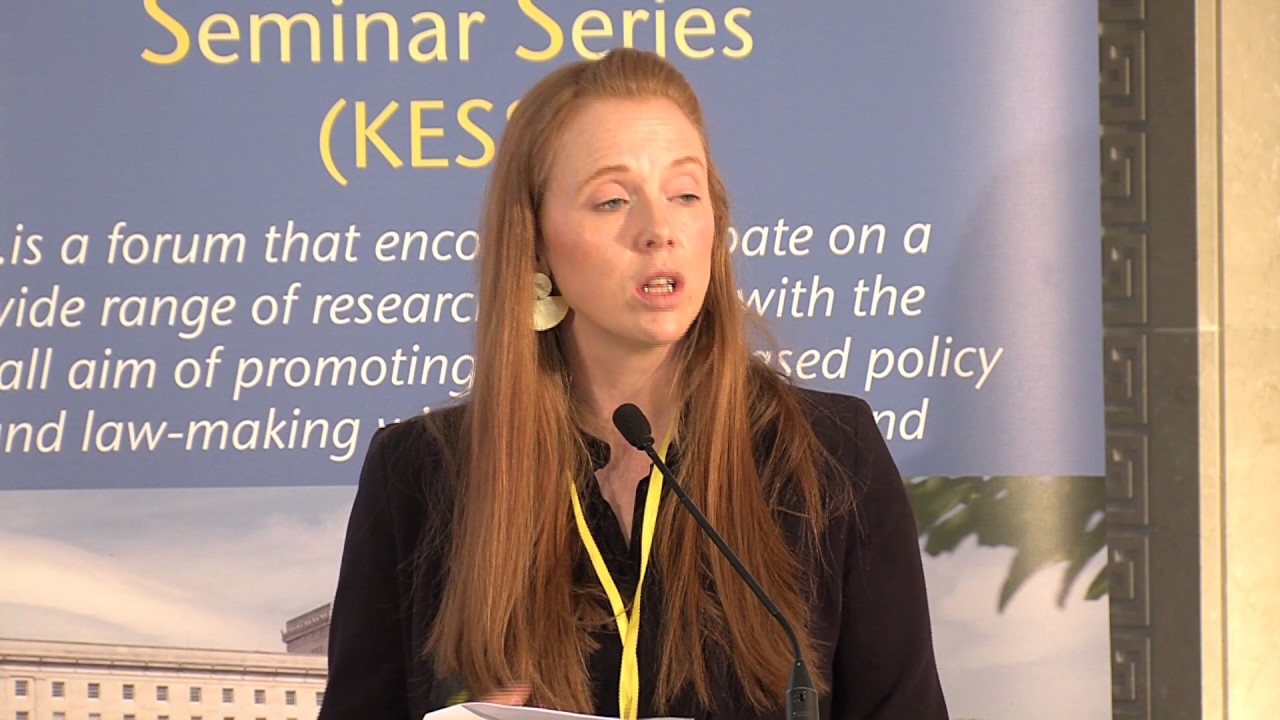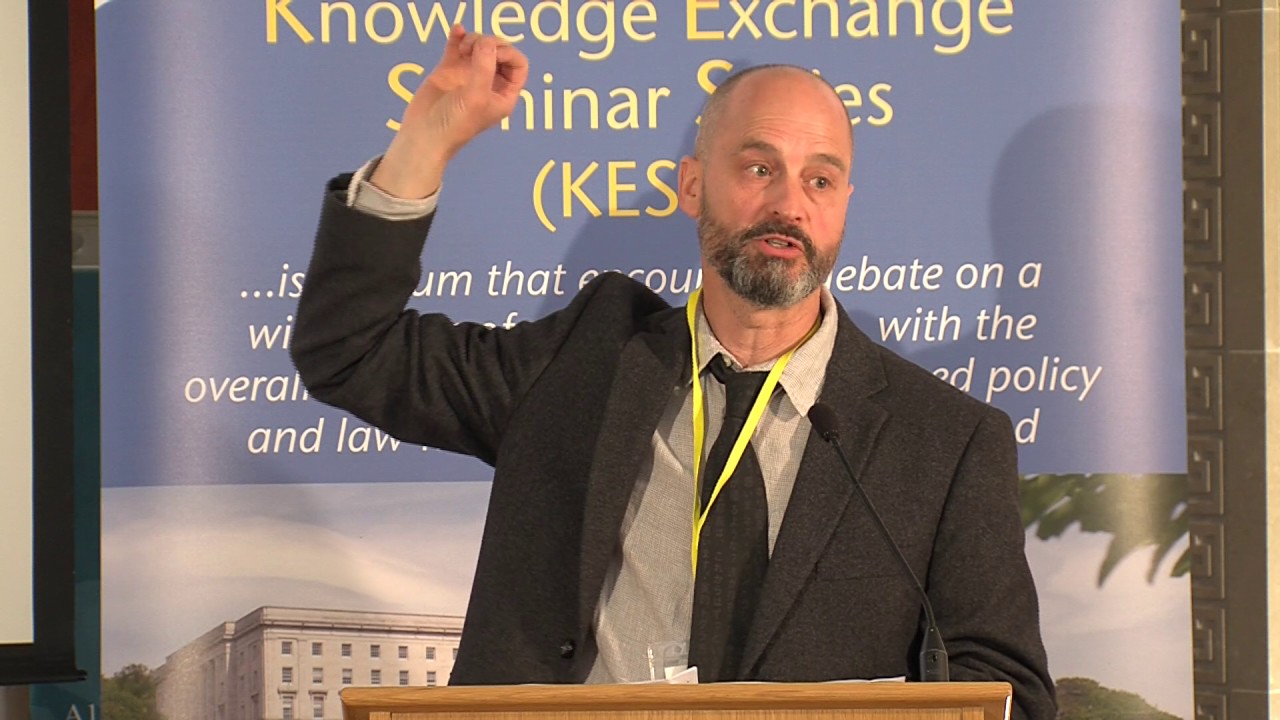Addressing the educational underachievement of children in care
Karen Winter: It is well known that across the UK and elsewhere children in care have poor educational outcomes in comparison with the child population as… Read More »Addressing the educational underachievement of children in care







